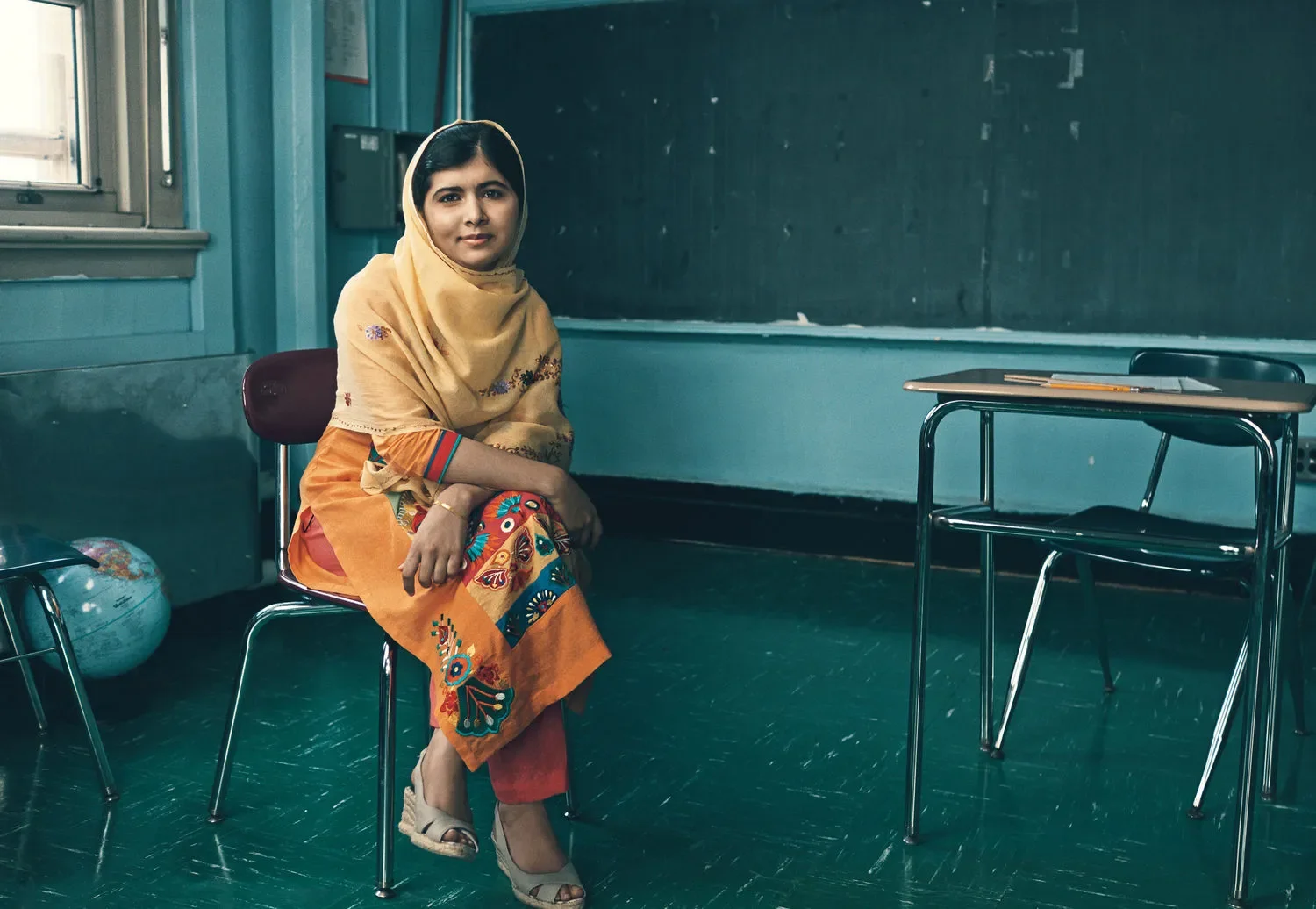Authors notes:
I don’t think the name “Malala” is unheard of. “In 2013 Malala became the youngest ever laureate of the Sakharov Prize, dedicating it to the 'unsung heroes of Pakistan', in a defence of every child's right to an education.” - The European Parlament
I wanted to write about her because I myself remember when I was younger and I heard the name; “Malala”, for the first time. My parents and I never really spoke about what was going on in the world, so as a young girl I only got glimpses of information about world events from here and there. I heard about Malala and that she won the Nobel Prize. I never really understod how or why, nor how old she was. In 2013 I was 10 years old, around the same age as Malala when she first started to fight for girls right to an education. Thinking about it now as a grown up - truly amazes me.
“Only 11 when she started her fight for the right of girls to education and against Taliban extremism in Pakistan, Malala Yousafzai fought on even after an attempt on her life in 2012.
'Many children have no food to eat, no water to drink and children are starving for education. It is alarming that 57 million children are deprived of education [...] this must shake our conscience', Malala told the representatives of 28 nations before a packed European Parliament and - quite exceptionally - all living laureates of the Sakharov Prize gathered for its 25th anniversary conference. 'One child, one teacher, one pen and one book can change the world'.
Malala's fight for education began aged 11 when she wrote an anonymous online diary about a schoolgirl's life under the Taliban in Pakistan's Swat Valley. In 2009 the Taliban decreed that all girls' schools should close while the Pakistani army fought them for control. Malala and her family were forced to flee their besieged hometown and her school was left in ruins. Returning home after the security situation had improved, Malala and her father Ziauddin, who himself ran a girls' school, continued to advocate girls' education in spite of threats. Malala used a donation to buy the very school bus on which she and two other girls were shot and injured in 2012, in an attack for which the Taliban claimed responsibility.
Malala is now a committed campaigner for girls' education, a co-founder of the Malala Fund and a member of the Youth Education Crisis Committee, which was set up by the UN Special Envoy for Global Education, Gordon Brown, who has estimated that at current rates, it will be 2086 before all girls are in school, and not 2015, as promised in the Millennium Development Goals. 'In Islam girls are allowed to get education. It's the duty and responsibility of every person, whether a boy or a girl, to get education and knowledge,' Malala affirms.
Malala's birthday, 12 July, was chosen by the UN, under its Global Education First Initiative, as Malala Day - a platform for children to stand up for their right to education.
In 2014 Malala was co-awarded the Nobel Peace Prize 'for her struggle against the suppression of children and young people and for the right of all children to education', thus becoming both the youngest ever Sakharov Prize winner and Nobel laureate.
In 2017, Malala enrolled as a student at Lady Margaret Hall College at the University of Oxford, United Kingdom. She graduated in 2020 with a Bachelor degree in Philosophy, Politics and Economics and returned in 2023 to Oxford as Honorary Fellow at Linacre College.
She used the money from her Nobel Peace Prize to found a school for girls in her hometown in Pakistan's Shangla district. The school was inaugurated in March 2018. Malala visited it shortly afterwards, in what was her first trip to Pakistan since she was attacked by the Taliban.
The Malala Fund supports local educators in regions where most girls are missing out on secondary school, advocates for the resources and policy changes needed to give every girl a secondary education, amplifies girls' voices and shares their stories.” - The European Parlament

